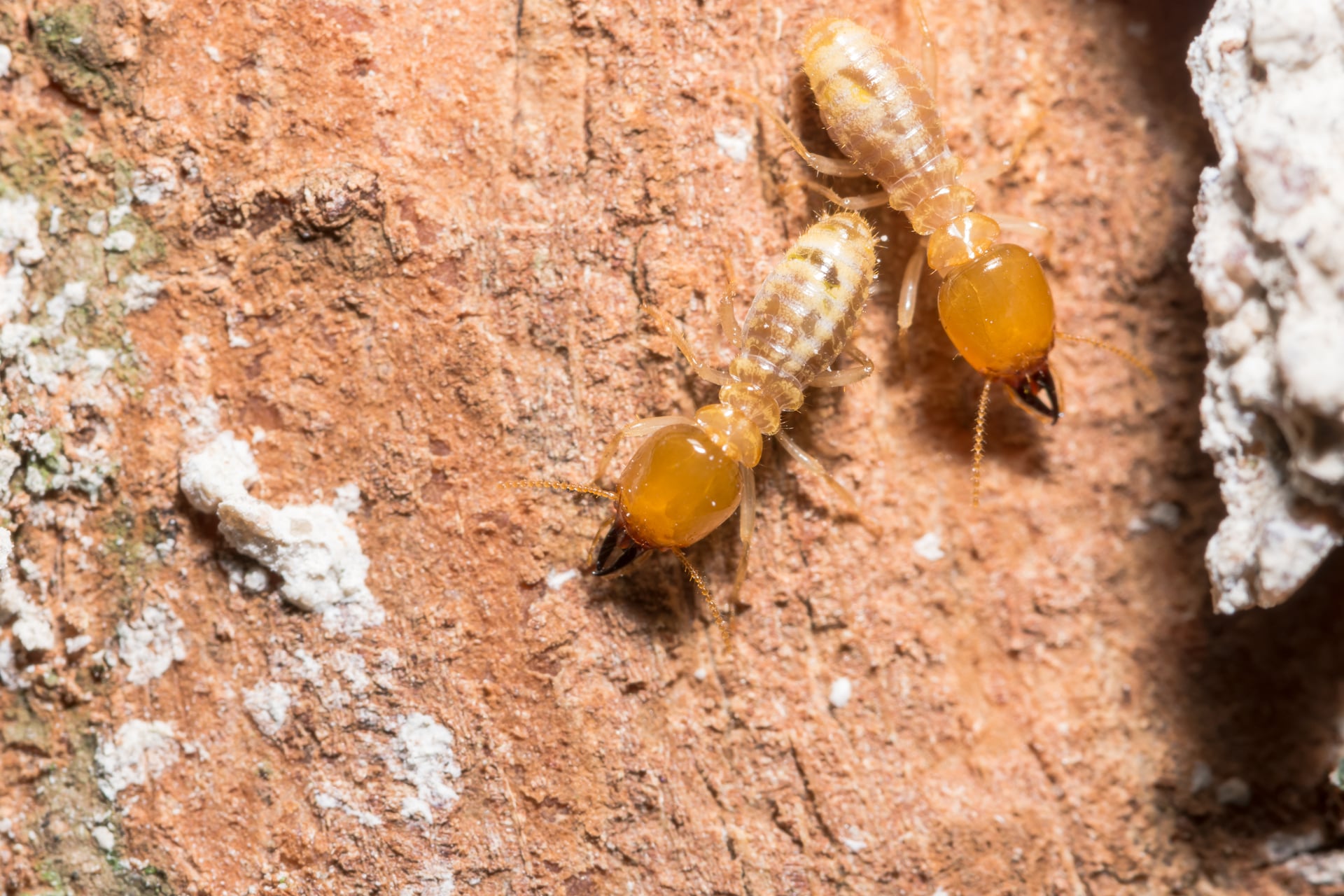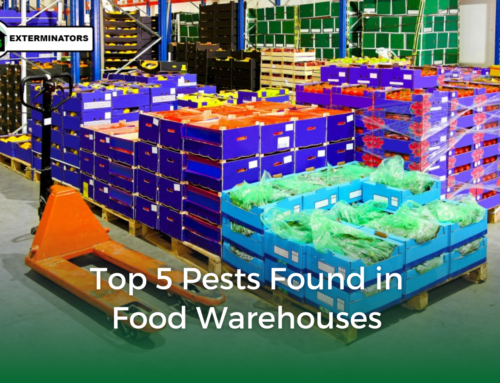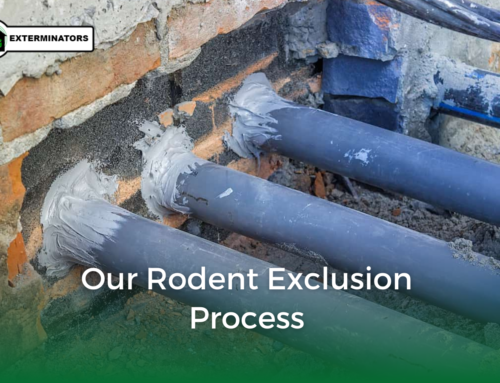Discovering a trail of tiny black ants in kitchen surfaces can be distressing. Ants, particularly the small black variety, are among the most common household pests, infiltrating our most intimate spaces for sustenance and shelter. Recognizing the reasons behind their invasion is crucial to reclaiming your space. If the situation gets out of hand, seeking the best pest control Sayreville, NJ, can be vital in effectively managing the problem.

The Main Reasons for Ant Infestations in Kitchens
Access to Food Sources
Ants, especially little black ants in kitchen areas, are relentless in their quest for food. With its abundance of crumbs, spills, and unsealed containers, your kitchen is a prime target. Maintaining cleanliness and adequately storing food are critical steps in reducing their presence.
Access to Water
Like all living creatures, ants need water to survive. Issues such as leaky faucets and damp dishrags can invite black ants in kitchen environments. Addressing moisture problems and keeping areas dry will help deter these water-seeking pests.
Shelter and Protection
The kitchen provides perfect shelter for ants, with its many crevices and hiding spots. This environment is particularly welcoming for big black ants in kitchen scenarios, where they may seek refuge and breeding grounds. Sealing entry points can help keep these larger ants out.
Identifying the Type of Ants in Your Kitchen
Not all ants are created equal. Identifying whether you’re dealing with carpenter ants, sugar ants, or another species can dictate the best approach to eradication. Small black ants in kitchen typically indicate a minor issue, focusing on food attraction, which can be managed with cleanliness and proper storage.In contrast, seeing big black ants in kitchen settings, like car
penter ants, suggests a more severe problem, potentially involving structural damage, requiring professional intervention. Understanding the species involved directs the appropriate response and prevention strategies.
Preventative Measures to Keep Ants Out of Your Kitchen
- Maintain cleanliness by wiping surfaces regularly to remove food residues and spills.
- Prevent ants from drawing in your food supply by storing it in airtight containers.
- Seal cracks, crevices, and entry points around windows, doors, and other openings to prevent ants from entering.
- Use natural deterrents like vinegar, which disrupts ant scent trails, or essential oils like peppermint, which act as natural repellents.
- Ensure that trash is contained and disposed of regularly, reducing the chance of attracting ants.
When to Call a Professional Ant Control
Professional help may be necessary for persistent ant infestations. DIY solutions may work for minor problems, but severe ones require advanced solutions and preventative strategies offered by pest control experts. Professionals can identify specific species and potential entry points, tailoring the treatment to your home’s needs.
Conclusion
Managing ants in your kitchen can be challenging, but you can mitigate the issue with the proper knowledge and actions. Regular cleaning and preventive steps are crucial. Yet, if you’re still battling a persistent ant problem, it’s time to seek professional help. E&G Exterminators, your trusted local pest control service, is here to help. With our expertise and tailored solutions, we can address your ant problem effectively and ensure your kitchen remains a clean, ant-free zone. Don’t let ants take over your space – contact E&G Exterminators today for a consultation and reclaim the comfort of your home.






